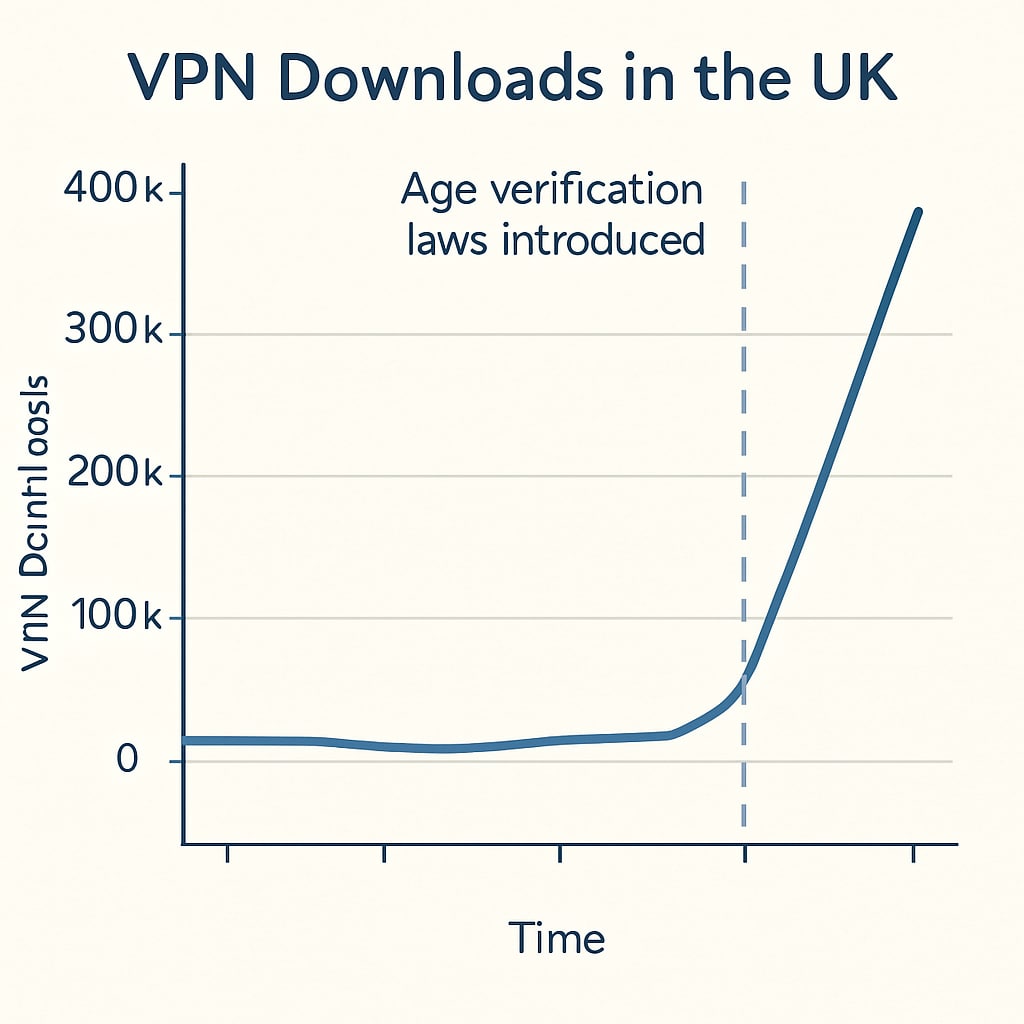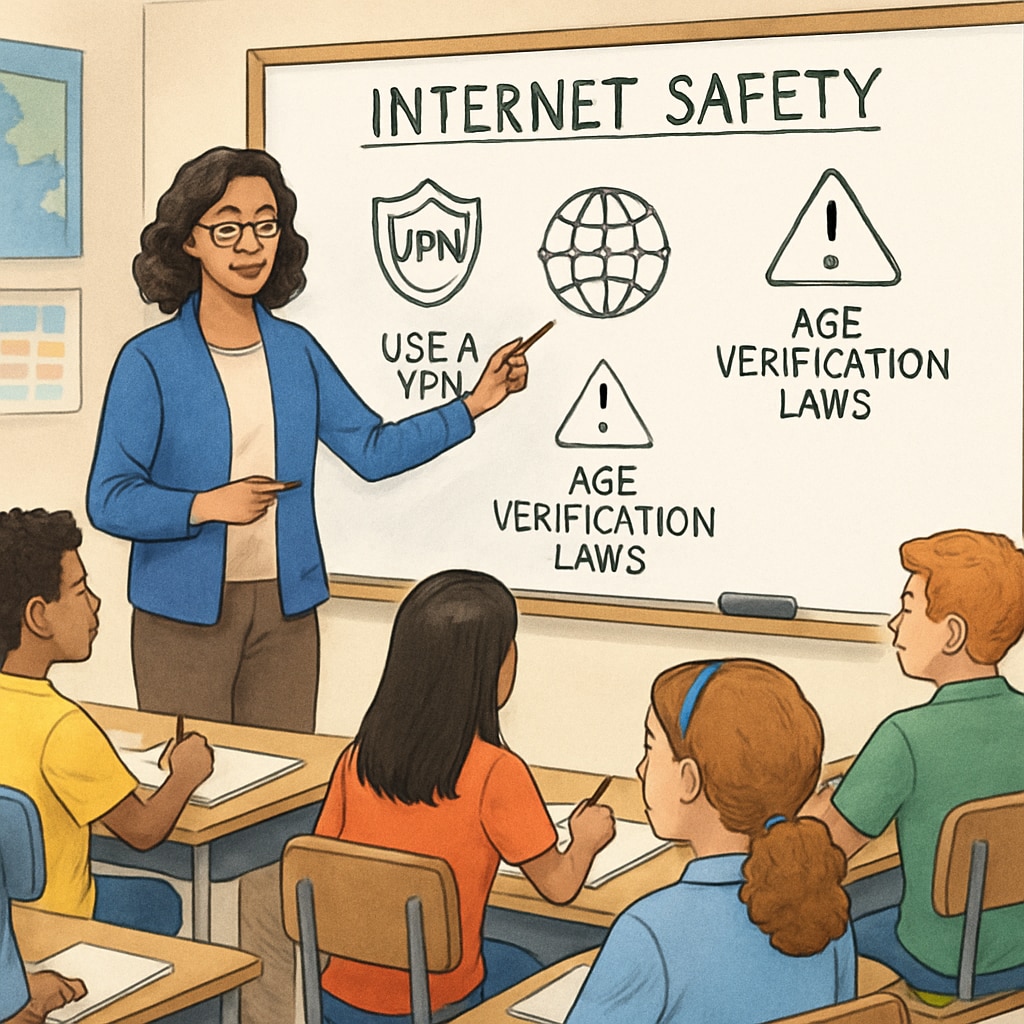The implementation of the UK’s age verification laws has significantly increased VPN use, particularly among young internet users. As schools and educators grapple with this unintended consequence, it raises critical questions about balancing online safety with fostering responsible digital behavior. In the digital age, understanding how these laws impact students and their educational environment is essential for creating effective and ethical responses.
The Impact of UK Age Verification Laws on VPN Usage
In an effort to protect minors from accessing inappropriate online content, the UK government has introduced stringent age verification requirements for certain websites. While the intent behind these regulations is commendable, they have inadvertently driven more users—especially tech-savvy K12 students—toward VPNs (Virtual Private Networks). A VPN allows users to mask their location and bypass restrictions, effectively undermining the purpose of age verification measures.
For example, a recent report highlighted a sharp increase in VPN downloads following the announcement of these laws. VPNs not only allow students to access restricted content but also pose risks to school networks by potentially exposing them to malware or unauthorized activity. Schools now face the dual challenge of enforcing compliance while addressing the broader implications of VPN use among students.

Challenges for K12 Educators in the Digital Landscape
The rise in VPN use has created a complex environment for K12 educators. On the one hand, schools are responsible for ensuring a safe online experience for students; on the other, they must also respect students’ rights to privacy and autonomy. This balance becomes even more challenging when students use VPNs to evade school-imposed restrictions, potentially exposing themselves to harmful content.
Some key challenges include:
- Monitoring and Enforcement: Detecting VPN use on school networks can be difficult, especially as VPN technology becomes more advanced.
- Digital Literacy: Educators need to teach students about the ethical and practical implications of bypassing restrictions, including the potential legal and cybersecurity risks.
- Resource Allocation: Schools may need to invest in advanced cybersecurity tools to detect and mitigate VPN usage, which can strain budgets.
These challenges underline the need for a more comprehensive approach to digital safety education, emphasizing not just compliance but also critical thinking and responsible behavior online.

Fostering Digital Literacy and Responsible Behavior
To address these challenges, schools and educators should focus on proactive strategies that integrate digital literacy into the curriculum. Instead of merely enforcing restrictions, they can use the opportunity to educate students about the broader implications of their online actions.
Some effective strategies include:
- Incorporating Digital Citizenship Programs: Teach students about the ethical and legal aspects of internet use, including the risks associated with VPNs.
- Engaging Parents: Host workshops or provide resources to help parents understand the implications of age verification laws and VPN use.
- Collaborating with Technology Experts: Partner with cybersecurity professionals to stay updated on emerging trends and tools for managing online behavior.
By fostering a culture of responsible internet use, schools can empower students to navigate the digital world safely and ethically, even in the face of regulatory challenges.
Conclusion: A Balanced Approach to Digital Safety
The UK’s age verification laws, while well-intentioned, have highlighted the need for a nuanced approach to digital safety in education. The rise in VPN use among students underscores the importance of equipping them with the skills and knowledge to make informed decisions online. By balancing enforcement with education, K12 schools can create an environment that prioritizes both safety and digital literacy, preparing students for the complexities of the modern digital landscape.
As the digital world continues to evolve, the role of educators in shaping responsible online behavior will only become more critical. By addressing the challenges posed by age verification laws and VPN use, schools can pave the way for a safer and more informed generation of internet users.


